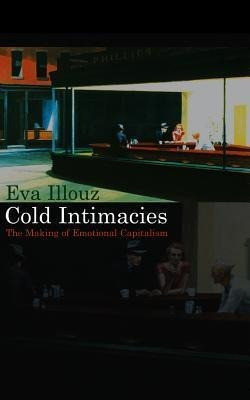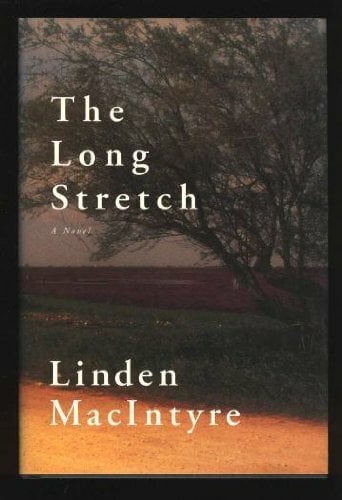
Cold Intimacies
Kurzinformation
inkl. MwSt. Versandinformationen
Lieferzeit 1-3 Werktage
Lieferzeit 1-3 Werktage

Beschreibung
It is commonly assumed that capitalism has created an a-emotional world dominated by bureaucratic rationality; that economic behavior conflicts with intimate, authentic relationships; that the public and private spheres are irremediably opposed to each other; and that true love is opposed to calculation and self-interest.
Eva Illouz rejects these conventional ideas and argues that the culture of capitalism has fostered an intensely emotional culture in the workplace, in the family, and in our own relationship to ourselves. She argues that economic relations have become deeply emotional, while close, intimate relationships have become increasingly defined by economic and political models of bargaining, exchange, and equity. This dual process by which emotional and economic relationships come to define and shape each other is called emotional capitalism. Illouz finds evidence of this process of emotional capitalism in various social sites: self-help literature, women's magazines, talk shows, support groups, and the Internet dating sites. How did this happen? What are the social consequences of the current preoccupation with emotions? How did the public sphere become saturated with the exposure of private life? Why does suffering occupy a central place in contemporary identity? How has emotional capitalism transformed our romantic choices and experiences? Building on and revising the intellectual legacy of critical theory, this book addresses these questions and offers a new interpretation of the reasons why the public and the private, the economic and the emotional spheres have become inextricably intertwined. von Illouz, Eva
Produktdetails

So garantieren wir Dir zu jeder Zeit Premiumqualität.
Über den Autor

- paperback
- 584 Seiten
- Erschienen 2017
- epubli

- paperback
- 512 Seiten
- Erschienen 2003
- Knaur TB

- Gebunden
- 202 Seiten
- Erschienen 2021
- Atlantic Books

- hardcover
- 293 Seiten
- Erschienen 2001
- Doubleday

- paperback -
- Erschienen 2002
- dtv Verlagsgesellschaft

- hardcover
- 252 Seiten
- Erschienen 1999
- Stoddart Pub

- Kartoniert
- 442 Seiten
- Erschienen 2015
- Goldmann Verlag

- Audio-CD -
- Erschienen 2019
- Hörkultur Verlag AG

- Gebunden
- 323 Seiten
- Erschienen 2021
- brotsuppe

- audioCD -
- Erschienen 2016
- audio media verlag

- audioCD -
- Erschienen 2007
- Ame Hören

- Gebunden
- 158 Seiten
- Erschienen 2018
- Limmat

- hardcover
- 560 Seiten
- Erschienen 2012
- Pendo

- Gebunden
- 391 Seiten
- Erschienen 2020
- Suhrkamp Verlag

- hardcover
- 309 Seiten
- Erschienen 2001
- Random House Inc

- audioCD -
- Erschienen 2007
- Eichborn Verlag




 bestellen
bestellen






















